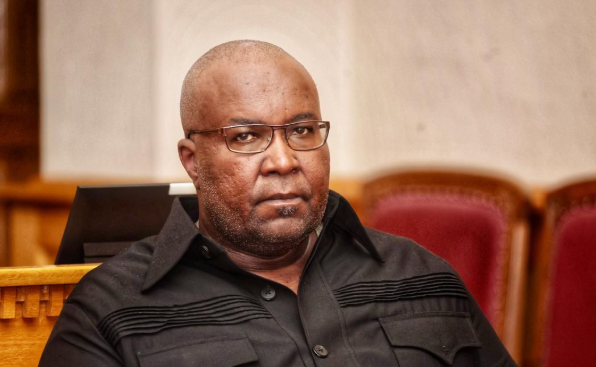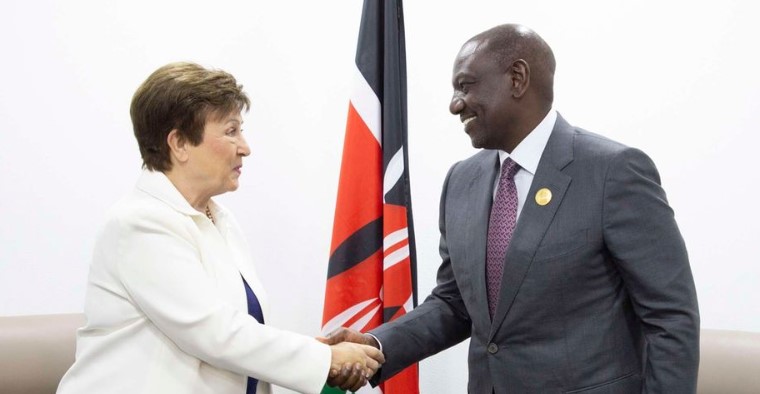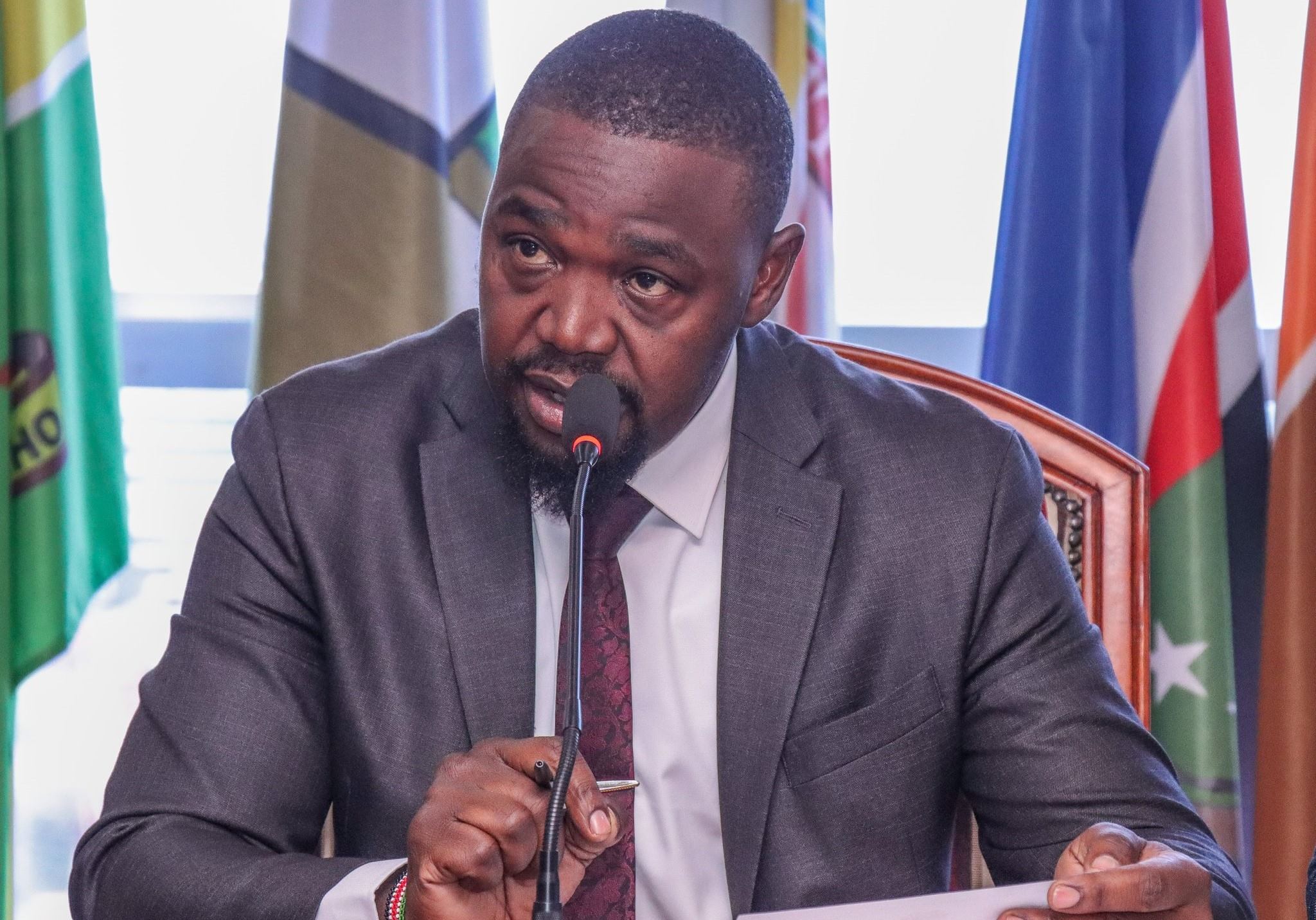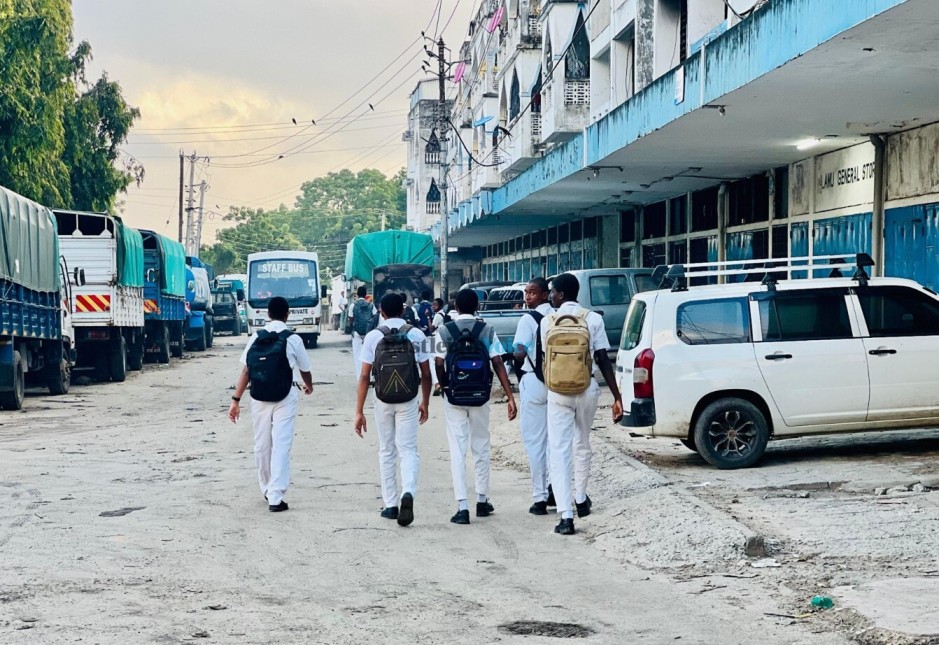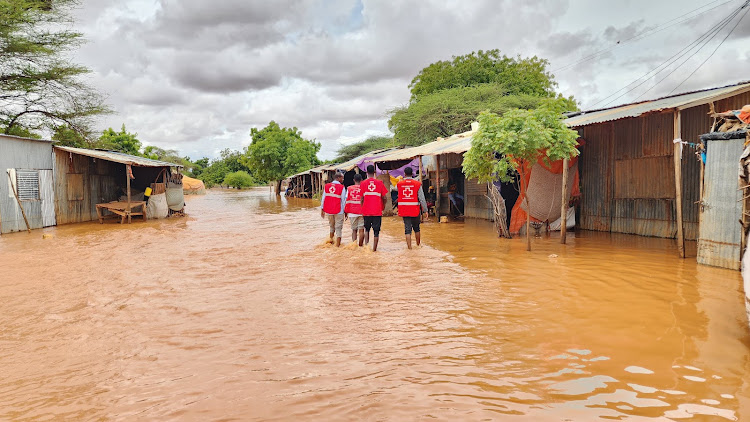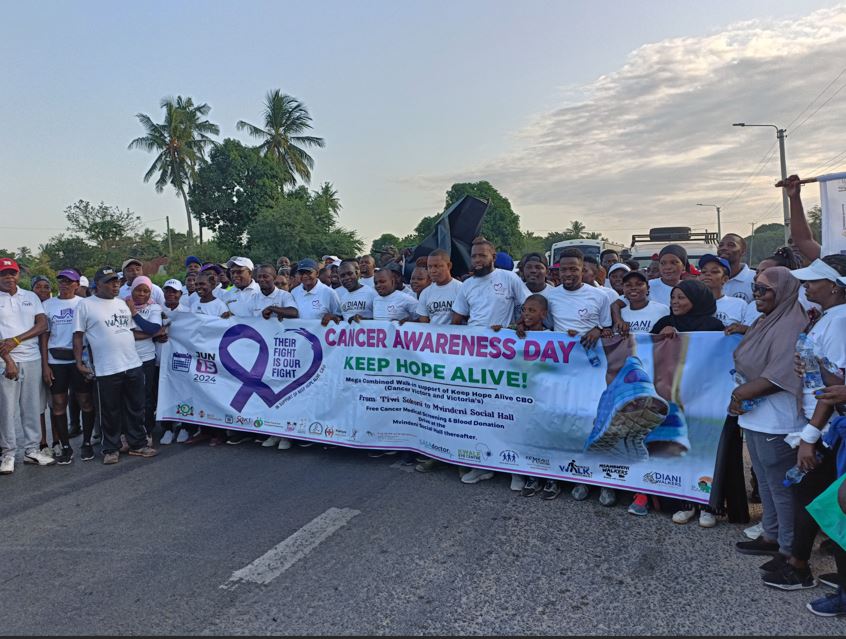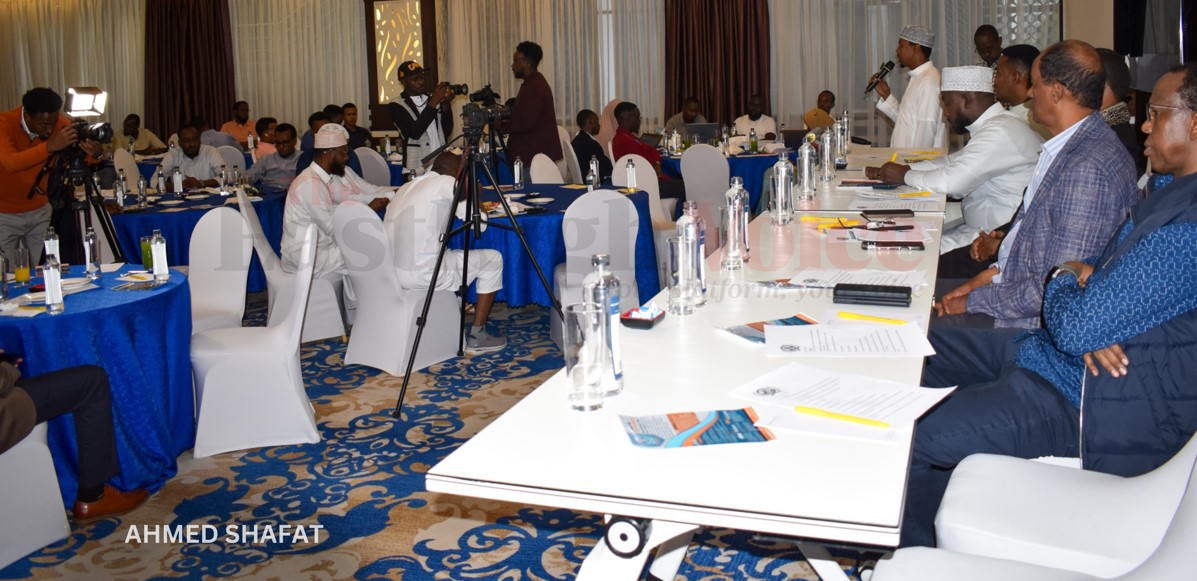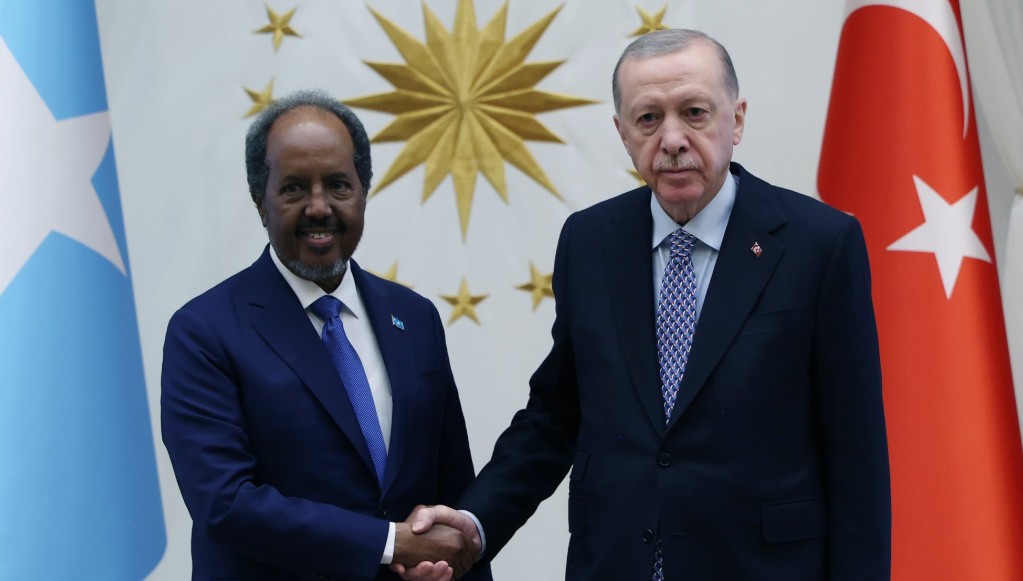How religious extremism in Kenya reflects delayed reforms and weak law enforcement
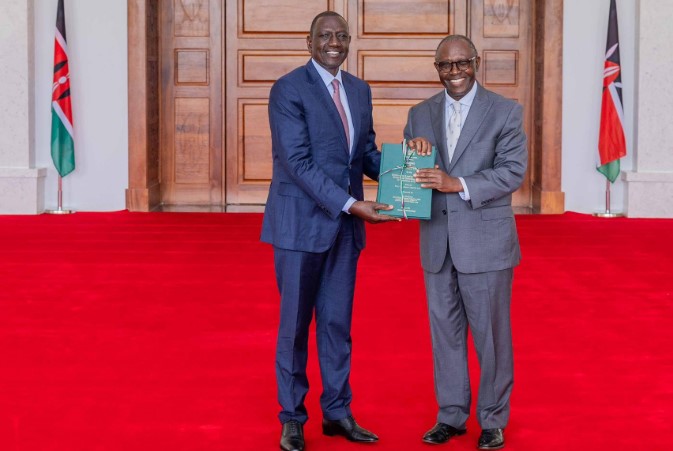
The Musyimi taskforce recommended the formulation of a policy framework to deal with religious extremism, sects and cults to ensure transparent and responsible practice by religious organisations.
The Cabinet will consider the report by the Presidential taskforce on review of laws governing religious organisations in Kenya, the Interior Ministry said on Thursday.
Interior CS Kipchumba Murkomen said the Cabinet will consider the report before it is passed on to Parliament for consideration, thus ending the delay in the implementation of its recommendations, amongst them reforms to curb religious extremism in the country.
More To Read
- Families of Shakahola victims left in limbo as DNA testing faces funding shortfall
- Prison officer summoned over alleged torture of Mackenzie's wife, other female suspects
- How security agencies ignored warnings over Shakahola Forest leading to massacre
- Shakahola massacre case:Officer denies early awareness of cult allegations
The move follows the Migori incident, where two congregants died as 57 others were rescued from a church after they refused to be treated at a local hospital.
"The Cabinet committee has considered a raft of recommendations by the Mutava Musyimi-led taskforce proposing a legal framework for the regulation of churches. Next week, the Cabinet will consider the report and approve it for onward tabling and consideration by the National Assembly," Mukomen said.
The 14-member taskforce, chaired by Rev Mutava Musyimi, was gazetted in May 2023 following the Shakahola massacre linked to one Paul Nthenge Makenzi of Good News International Ministries. It completed its work in February last year and handed over its report to the Office of the President.
The taskforce recommended the formulation of a policy framework to deal with religious extremism, sects and cults to ensure transparent and responsible practice by religious organisations.
Other than that report, the National Crime Research Centre (NCRC) also published another one dubbed "Religion and Crime in Kenya" towards the end of last year which established that lack of stringent oversight and enforcement of the existing limited regulations leads to non-compliance and misuse of privileges, posing risks of activities contrary to stated purposes and undermining public trust.
"The fragmented registration options for religious organisations further complicate the regulatory landscape. These organisations can register as societies, trusts, companies limited by guarantee, or limited liability partnerships, leading to inconsistent regulatory standards and oversight. This fragmentation can result in regulatory arbitrage, where organisations choose the least stringent option, circumventing stricter oversight mechanisms," the report shows.
It added that effective self-regulation mechanisms that are often proposed by leaders in the sector are also lacking.
It further notes that statutory limitations, such as those in the Prevention of Terrorism Act, focus on specific issues but do not comprehensively address other potential abuses, like financial misconduct or radical teachings, hence the need to broaden them to cover various forms of abuse and provide a more comprehensive safeguard against misuse by religious organisations.
Tell-tale signs
Of importance to Kenyans at the moment now is the tell-tale signs of religious extremism that members can use to take action against the leaders or save themselves and other congregants from abuse.
The report warns that members should raise concerns when their religious organisations are linked with murder and killings.
"For instance, in Kilifi County, there was a disturbing trend of elderly individuals being targeted for killings by their family members following pronouncements made by religious leaders on the allegations of them practising witchcraft. Yet these allegations were simply a ploy for land succession tussles, perpetuated by these religious leaders," the document says.
Others engage in rigorous prayer patterns as a way of solving problems, often holding intense prayer routines that lack structured prayer times.
In other cases, members are prohibited from access to healthcare, with extreme cases of individuals suffering from chronic ailments getting withdrawn from hospitals to be subjected to prayers for healing or children being denied medical care on the premise of the religious beliefs of their parents.
Others, yet, dissuade members from seeking formal education, claiming it goes against the "will of God", whereby some sickly members are held in church for prayers against their wishes in what amounts to torture.
Others prohibit members from engaging in civic affairs such as elections and immunisation.
Others practice secrecy in worship, in the sense that they attend undisclosed worship locations or their places of worship become restricted zones that only permit entry to recognised members only, and stringent security measures are often enforced under vigilant, tight security.
Some are so highly guarded that even militia are recruited to deny entry into and exit from the premises.
Distinct rituals
In other instances, members engage in distinct rituals that deviate from the conventional Christian or Islamic worship norms and in other instances, members are forced into isolation from their families and other faiths.
Another common habit among some is when leaders manipulate followers into sacrificing their resources for the leader's personal gain through deliberate misinterpretation of the spiritual books.
"Regulating religious institutions will cushion Kenyans who are vulnerable and swayed by unsuspecting religious leaders who practise extremist doctrines to solve their issues," said the CS.
He also appealed to the public to work closely with security officers to arrest any suspicious activities before they get out of hand, as was the case in Shakahola, where mass graves were discovered at a forest in Kilifi County.
"I call on the public to volunteer information," said Murkomen as he put on notice security officers who fail to act on intelligence from the public.
He added that the assistant chiefs and chiefs who are critical at the village level will be held accountable.
Top Stories Today


